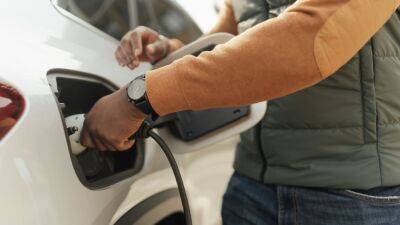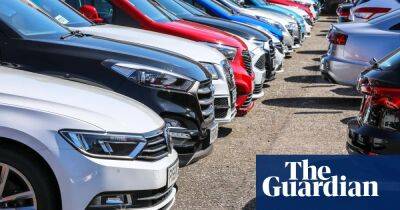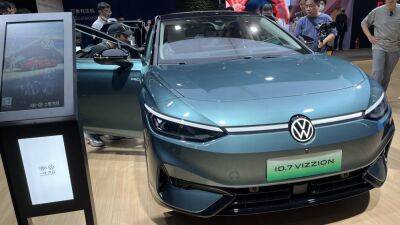The Guardian view on the electric car revolution: targets are not enough
W hen the government controversially scrapped its discount on the purchase of electric cars last summer, the move was justified on the grounds that its work was done. After 11 years of subsidies, said ministers, the electric vehicle revolution had been “kickstarted”. As Britain strives to meet a 2030 target to end the sale of new petrol and diesel vehicles, that judgment is beginning to look a little complacent.
Amid ongoing economic headwinds, data has emerged that suggests a drop-off in current demand for electric cars, despite notable public enthusiasm for their adoption in principle. Auto Trader, which hosts the country’s largest car sales website, reported this month that inquiries in relation to new electric vehicles had fallen significantly compared with last year.
A number of factors are likely to be involved. As interest rates and inflation remain high, the upfront cost of a new electric car makes it more expensive in the short term than a petrol or diesel one. Falling oil prices may have diminished the immediate incentive to switch. At the same time, despite repeated pledges by Whitehall, the rollout of charging infrastructure continues to be too slow and is not keeping pace with sales.
Under Boris Johnson, the government forecast that 300,000 publicly available chargers would be needed by 2030. Reaching that number would require the installation of 100 chargers a day, but the current rate is estimated to be around a fifth of that. For lower-income families without the option of charging their cars in garages or driveways, the problem is compounded by current electricity prices and the substantially higher VAT rate paid at public charging points.
The net result is that while sales of electric vehicles are growing
Read more on theguardian.com















